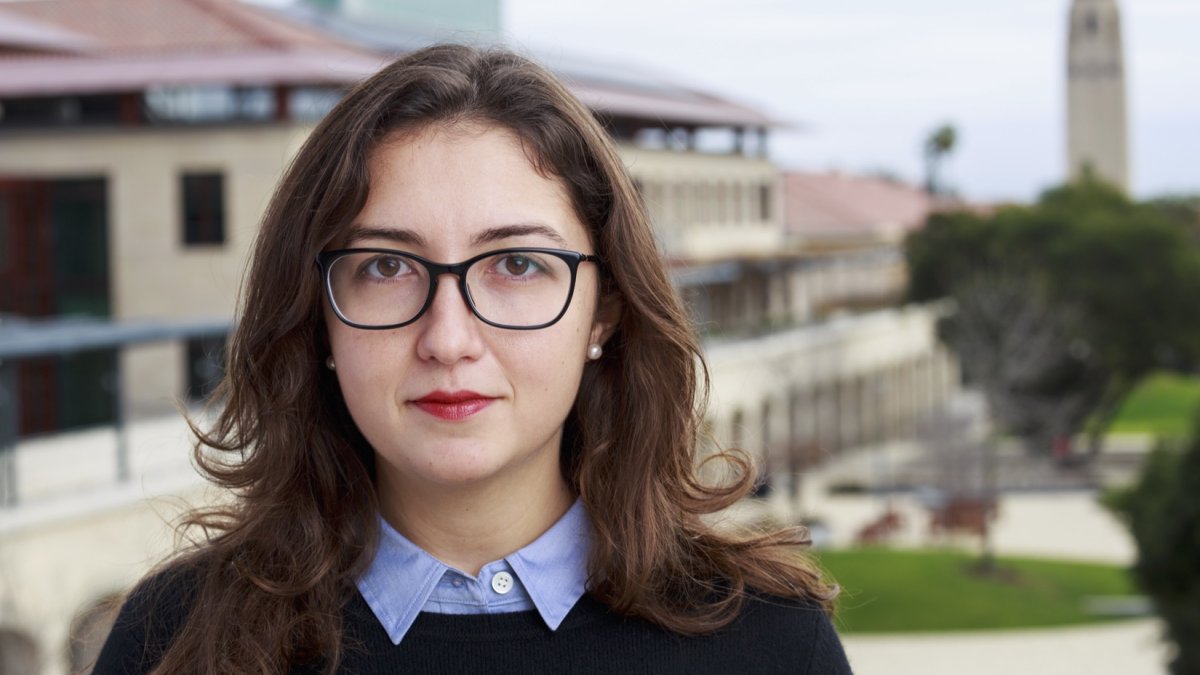Sustainability at Surrey: COP27 Decarbonization Day
With the global economy still relying on fossil fuels, recycling carbon dioxide to create cleaner forms of energy could provide an urgently needed solution. Dr Melis S Duyar, Senior Lecturer in Chemical and Process Engineering, tells us about her innovative research in this field and the impact she believes it could have on energy security and achieving net zero.

Dr Melis S Duyar
What are you researching?
In my group we’re developing processes and catalytic materials for the production of cleaner fuels – specifically using captured carbon dioxide as a starting point. By recycling carbon dioxide to a fuel, we can close the carbon cycle, meaning combustion of the fuel would create CO2 which can then be recycled over and over again.
The challenge is to find ways to recycle CO2 without creating more greenhouse gas emissions in the process. This means we need to be focusing on using sustainable co-reactants and renewable energy driven processes.
Some of our recent results show that we can make synthetic natural gas directly from CO2 present in the surrounding air, using hydrogen as a co-reactant. This is possible using what we are calling ‘dual function materials’ which first capture the CO2, then facilitate its reaction through catalysis. In a new project, we’re also working on synthesising liquid fuels (useful for transportation for example) from dilute sources of CO2.
What got you interested in this area of research?
As the daughter of two engineers, science and engineering were always a part of my life and, from a young age, I was exposed to the problematic nature of society’s dependence on fossil fuels through conversations with my parents about sustainability.
Studying chemical and biological engineering at university, I saw sustainable fuels and renewable energy as fields which would make a difference on a global level in the fight to stop greenhouse gas emissions.
Why is this work so important, and what impact could it have?
Currently the global economy relies on the processing of fossil fuels which are composed mainly of carbon and hydrogen. In fact, around 80 per cent of the world imports fossil fuels from other countries according to the International Renewable Energy Agency. Nearly every chemical and fuel we currently use has some fossil fuel input, regardless of whether the chemical itself contains hydrogen and carbon.
Through our research on cleaner fuels, we are devising ways to recycle carbon (in CO2) using hydrogen (from water). These are reactants that are globally distributed, and can help achieve energy security and a fairer chemical industry, ultimately allowing society to reach zero or even negative emissions.
With news that the world is close to irreversible climate breakdown, what are your reasons for staying hopeful?
As the situation gets more bleak with each passing day, some of my reasons for staying hopeful are the existing and emerging technological solutions for CO2 capture and recycling, the massive amount of renewable energy we could potentially harvest, and the powerful voice of younger generations demanding action against climate change.
Find out more about our research in chemical and process engineering and discover our courses.
